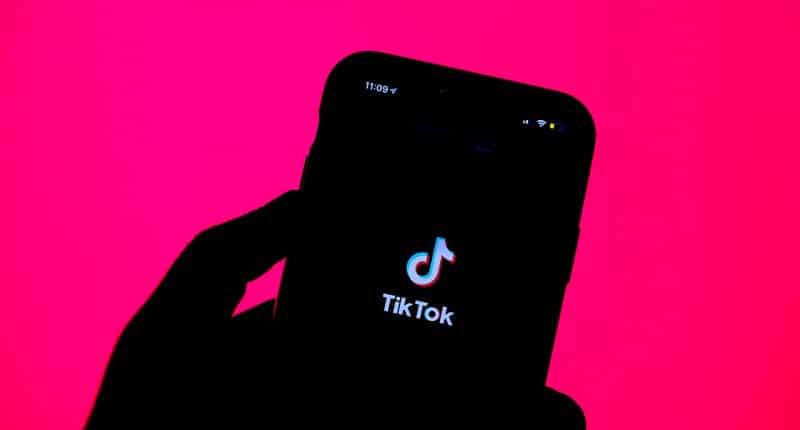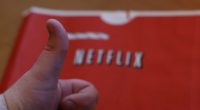It seems the US-TikTok drama may soon come to an end – US President Donald Trump announced on Sunday to Fox News, that a buyer has been identified for the US operations of China’s TikTok, the widely popular short-form video app that has been in hot waters in the US in recent times. During an interview on Fox News, the President stated that the prospective purchasers are “a group of very wealthy people” and indicated that their identities would be disclosed within approximately two weeks.
This declaration is part of the long-standing saga concerning TikTok’s future in the United States, marked by national security concerns and complex geopolitical maneuvering. According to Trump, any successful acquisition would require the green light from the Chinese government, with the President expressing confidence that Chinese leader Xi Jinping would approve the transaction.
The current situation stems from a federal law, enacted by Congress last year, which requires ByteDance, TikTok’s Chinese parent company, to sell its assets in the US or face a ban within the country. This legislation, driven by fears that Beijing could compel ByteDance to provide American user data or influence content, technically became effective on January 19 of this year.
However, Trump later threw a lifeline, and the ban has not been enforced due to a series of executive actions taken by the President. He has, to date, signed three orders deferring the implementation of the law. The most recent extension, granted this month, pushed the deadline for ByteDance to divest control of TikTok’s U.S. operations to September 17. This marks a pattern of administrative delays, despite the initial congressional mandate allowing for only a single 90-day extension. These executive maneuvers have been criticized in some circles for overriding congressional intent.
The path to a TikTok sale has been consistently intertwined with the broader, often contentious, trade relations between the US and China. Prior attempts at a deal have faltered under the weight of these geopolitical tensions. For instance, discussions earlier this spring involving a consortium of US investors, reportedly including Oracle, Blackstone, and Andreessen Horowitz, did not materialize. That particular effort reportedly stalled after Beijing signaled its disapproval, coming on the heels of President Trump’s announcement of new tariffs on various Chinese imports.
China’s stance on a forced sale has been consistent: both ByteDance and the Chinese government have expressed strong opposition to such a divestiture, viewing it as an overreach. TikTok has already attempted to address the concerns with initiatives like Project Texas (it claims that data of US users is stored in servers in Texas, and Oracle monitors access to it), but the issue is compounded by the fact that despite a general framework for trade understanding agreed upon by US and Chinese officials in London earlier in June, economic disagreements continue to persist. President Trump, in the same interview where he discussed TikTok, also indicated that a 90-day pause on certain tariffs, set to expire on July 9, would not be extended, which marks a potential re-imposition of trade penalties against various nations, including China.
The Tech Portal is published by Blue Box Media Private Limited. Our investors have no influence over our reporting. Read our full Ownership and Funding Disclosure →






